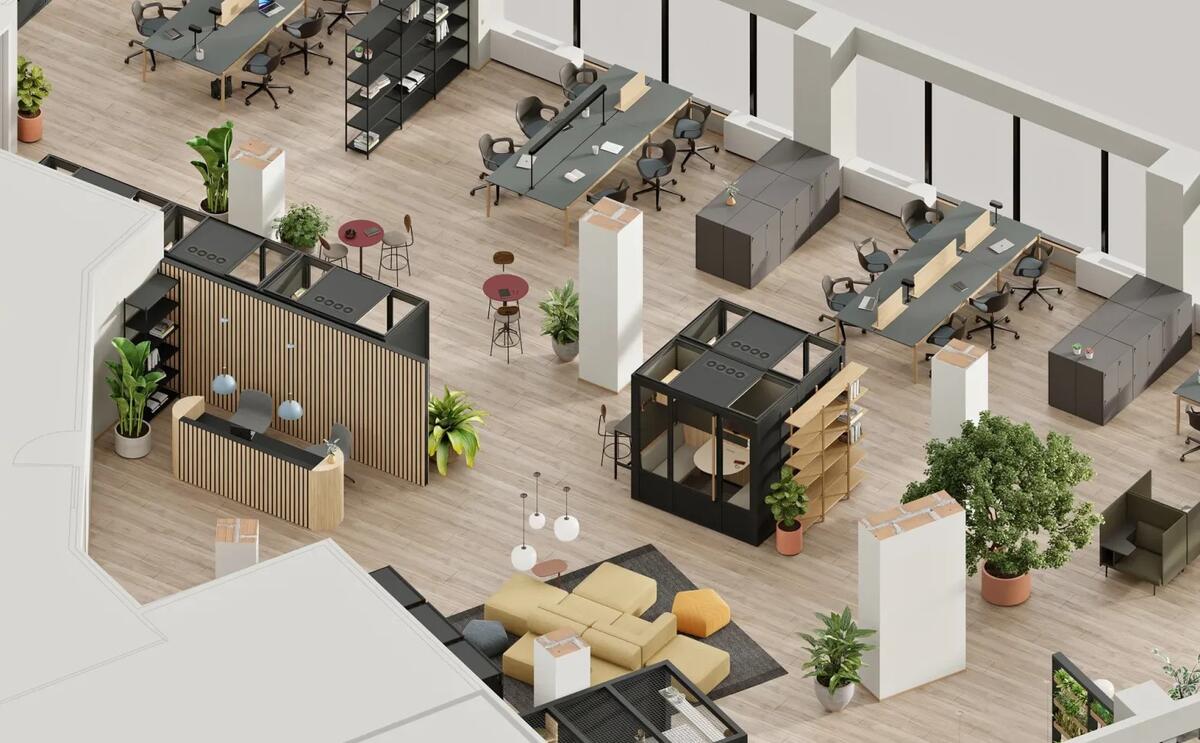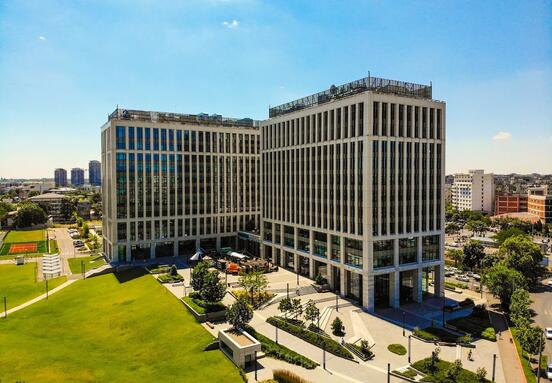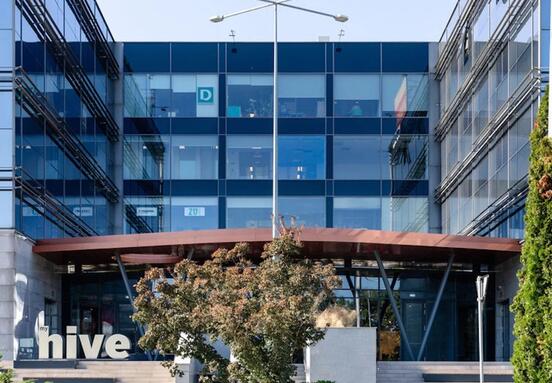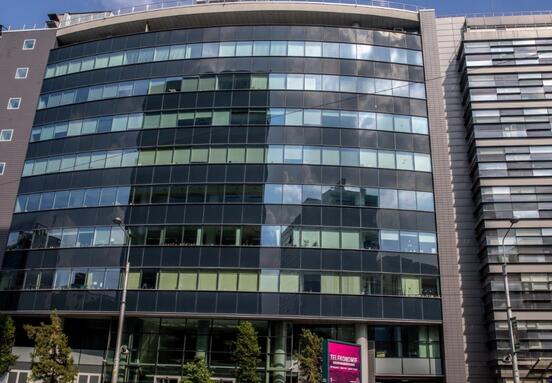EMEA Flexible Office Market Reaches New Heights
According to a recent Colliers report, the flexible office market across 46 EMEA markets saw significant expansion in 2024, adding over 348,000 sqm and reaching a total inventory of 8.3 million sqm. This represents a 4.4% year-on-year increase, showcasing robust growth in this dynamic sector.
Growth isn't confined to traditional powerhouses like London, Paris, and Berlin. Emerging hubs such as Riga, Athens, Tallinn, and Ljubljana are also contributing significantly to this expansion. This broad growth indicates the increasing acceptance and adoption of flexible working models across the region.
The Evolution of Flexible Workspace
The market is evolving beyond traditional co-working models. Businesses are increasingly seeking premium, agile, managed, and enterprise-grade solutions. This shift is driven by occupier demand for greater control, enhanced privacy, and higher service levels tailored to their specific needs.
Market Activity and Trends
- New Supply: 2024 saw the opening of 283 new flex centres, the highest number in five years.
- Provider Growth: Over 80 new flex operators entered the market, increasing competition and offering more choice
- Closures Down: Centre closures fell by 15%, suggesting increased market stability.
- Leasing Impact: Flex operator leasing accounted for 3.6% of total office take-up, with hot spots in Leeds, Copenhagen, and Barcelona.
- Location Demand: Strong demand persists for centrally located, character-rich buildings, fueling adaptive reuse projects.
Flex Space: A Strategic Business Asset
Flexible office solutions are becoming a strategic pillar for both corporate real estate strategies and landlords. Businesses leverage flex space for rapid expansion, temporary project teams, market entry, or as a core part of a hybrid working model. Landlords are integrating flex offerings to attract and retain tenants, providing more versatile lease options.
Outlook and Challenges
While the market faces challenges like potential saturation in some areas and rising quality expectations, the future looks promising. Constrained traditional office development pipelines are expected to accelerate demand for flexible space into 2026 and beyond. Success for operators lies in differentiation based on brand, service quality, sustainability credentials, and strategic location.
For businesses seeking office space, the expanding EMEA flex market offers a wealth of options, providing flexibility, scalability, and premium amenities tailored to modern working demands.
Source: colliers.com








